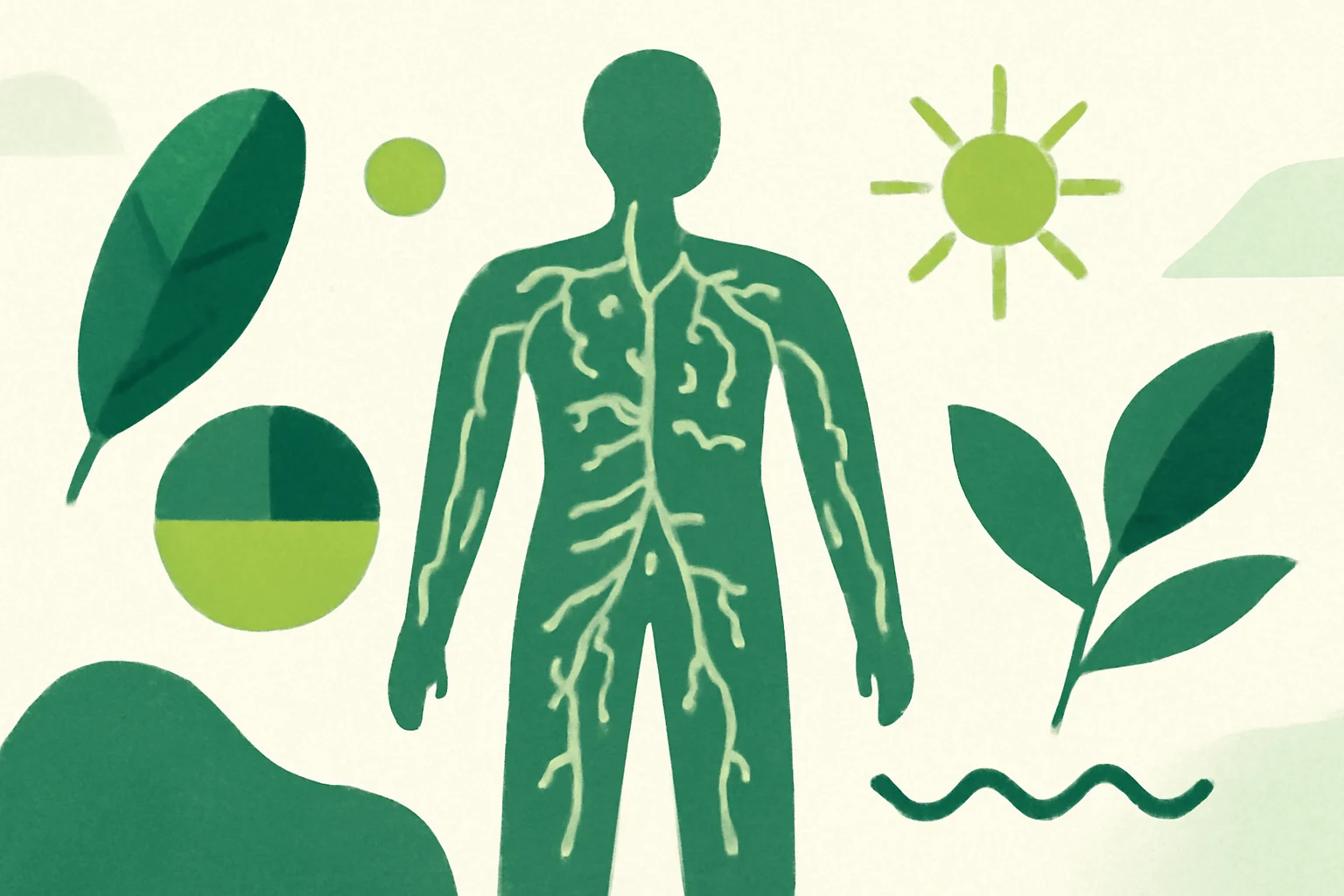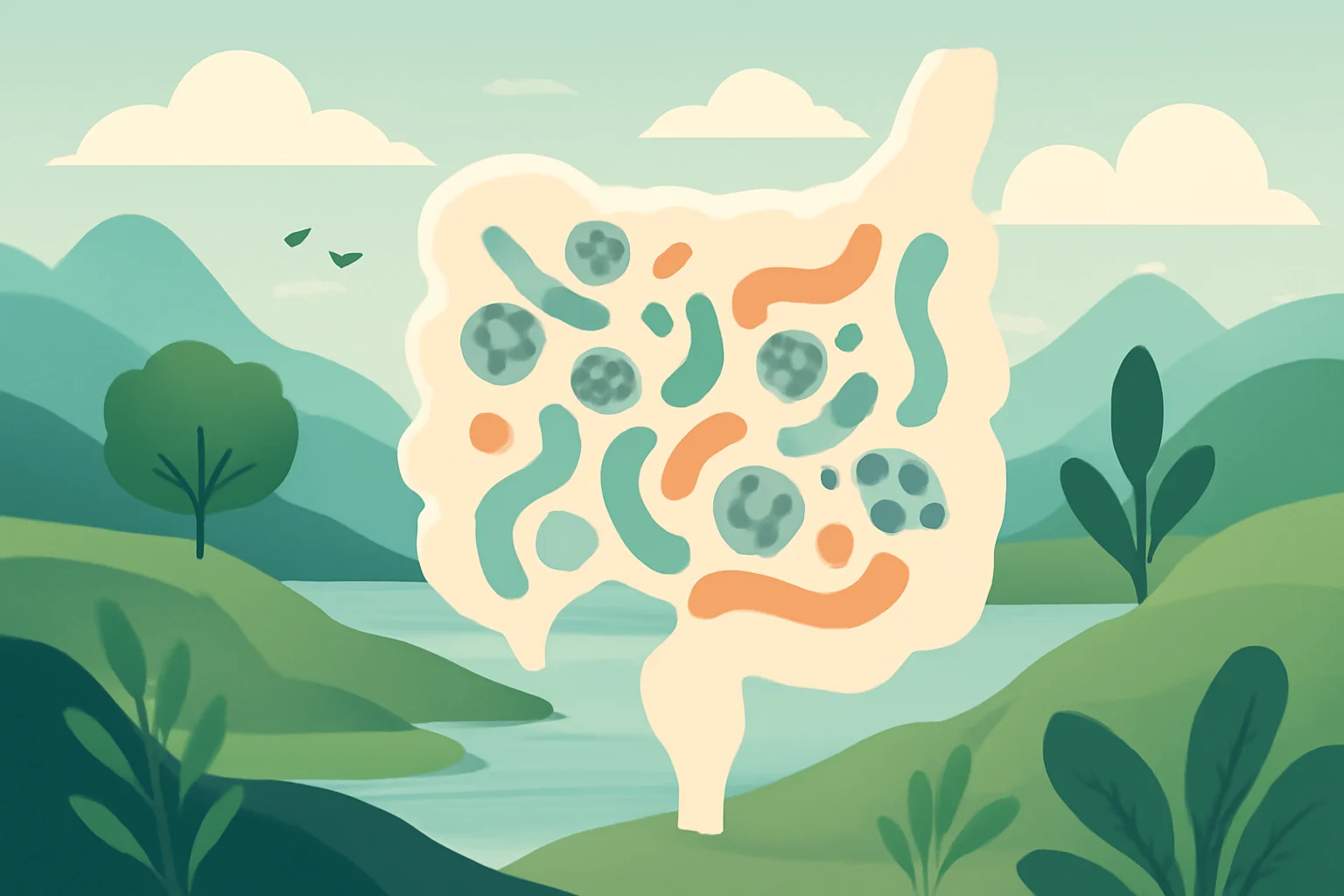
The Role and Importance of the Lymphatic System in Maintaining Health
The lymphatic system is one of the most important yet often overlooked elements of our body. This complex system not only plays a role in maintaining our body’s health but also plays a key role in the prevention and treatment of various diseases. The function of the lymphatic system is to filter lymph fluid, removing harmful substances, bacteria, and other impurities, thereby contributing to the proper functioning of the immune system.
In addition, the lymphatic system helps maintain the body’s fluid balance and is involved in the absorption of fats derived from food. Since the lymphatic system is closely intertwined with the circulatory system, the cooperation of the two systems is essential for the healthy functioning of the body. Lymph nodes, lymph vessels, and lymphatic organs, such as the spleen and thymus, all contribute to the efficient functioning of the lymphatic system.
Although the operation of the lymphatic system often occurs automatically, it is worth being aware of its functions and potential problems. Proper nutrition, regular exercise, and a healthy lifestyle are fundamental to maintaining the health of the lymphatic system. In the following sections, we will examine the structure, functions, and potential issues of the lymphatic system in more detail.
The Structure of the Lymphatic System
The structure of the lymphatic system is complex and consists of several different elements. Lymph vessels, lymph nodes, and lymphatic organs together form this system, which plays an extremely important role in protecting our body and maintaining fluid balance.
Lymph vessels are the channels of the lymphatic system that transport lymph fluid. Lymph fluid originates from the tissues and continuously flows through the lymph vessels. These capillaries collect excess fluid, proteins, and cells from the tissues and then direct them to the lymph nodes. The walls of the lymph vessels are thinner than those of blood vessels, allowing for the filtration of fluids and substances.
Lymph nodes are the filter stations of the lymphatic system, where lymph fluid is cleansed of harmful substances, bacteria, and viruses. They are located at various points in the body, such as the neck, armpit, and groin area. When the body is fighting an infection, the lymph nodes may swell as immune cells, such as lymphocytes, gather here to combat the disease.
Lymphatic organs include the spleen, thymus, and bone marrow. The role of the spleen is to filter blood and remove old red blood cells. The thymus plays a role in the development of the immune system in young adults, while the bone marrow is the site of blood cell production. These organs work together to maintain the protective function of the lymphatic system.
Overall, the structure and function of the lymphatic system are closely intertwined with the body’s immune response and fluid management. The efficient functioning of the lymphatic system is essential for maintaining health, so it is important to be aware of its functions and potential issues.
The Functions of the Lymphatic System
The lymphatic system has several vital functions that contribute to the health and well-being of the body. These include maintaining fluid balance, supporting the immune response, and absorbing nutrients.
One of the most important functions of the lymphatic system is maintaining fluid balance. Fluids continuously accumulate and are absorbed in the tissues, with lymph fluid playing a role in this process. When excess fluid accumulates in the tissues, the lymph vessels collect this excess and return it to the bloodstream. This process helps prevent swelling and the formation of edema.
Another key function of the lymphatic system is supporting the immune response. Immune cells found in the lymph nodes, such as lymphocytes, play an important role in combating infections. When pathogens enter the body, the lymph nodes become activated, and immune cells begin to multiply to protect the body from infections. Therefore, the enlargement of lymph nodes is often an early sign of infection.
The lymphatic system is also involved in the absorption of nutrients. During the digestion of fats in the gastrointestinal tract, fat molecules enter the bloodstream through the lymphatic system. This process is particularly important for the absorption of fat-soluble vitamins, such as vitamins A, D, E, and K, which are essential for the proper functioning of the body.
Thus, the lymphatic system plays a fundamental role in maintaining the health of the body. Its functions have a direct impact on fluid balance, the immune response, and nutrient absorption, making the maintenance of a healthy lymphatic system essential for well-being.
Problems with the Lymphatic System
To maintain the health of the lymphatic system, it is important to be aware of the potential problems that can affect its functioning. Lymphatic problems can manifest in various forms and can arise from numerous causes.
One of the most common issues is lymphedema, which is the accumulation of lymph fluid in the tissues. This usually occurs due to the blockage of lymph vessels or dysfunction of the lymph nodes. Lymphedema is often painful and uncomfortable, typically occurring in the legs or arms. Treatment usually involves physical therapy, compression garments, or medication.
Another significant problem with the lymphatic system is the enlargement of lymph nodes. This typically occurs as a consequence of infections or inflammations but can also be observed in cases of cancer. Enlarged lymph nodes are often painful and require medical examination to determine the underlying cause.
Among lymphatic problems, lymphoma, a cancer that originates in lymphatic tissues, should also be mentioned. Symptoms of lymphoma include persistent fever, night sweats, fatigue, and enlarged lymph nodes. Treatment for lymphoma typically involves chemotherapy, radiation therapy, or immunotherapy.
To prevent lymphatic problems, it is important to follow a healthy lifestyle that includes regular exercise, a balanced diet, and adequate hydration. Stress management and rest also contribute to maintaining the health of the lymphatic system.
The health of the lymphatic system, therefore, plays a key role in the proper functioning of our body. Being aware of potential problems can help with prevention and early diagnosis, so it is important to pay attention to the signals from our body and consult a doctor if necessary.
**Warning:** The information in this article does not substitute for medical advice. Always consult a doctor for health issues!

